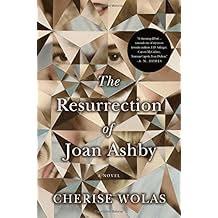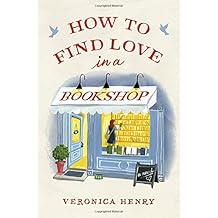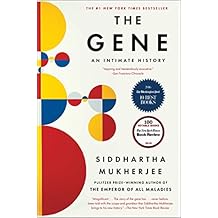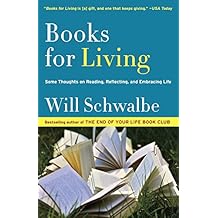
★ 02/15/2017
On the day of his death, Massud awoke to the muezzin's call to prayer and the smell of baking bread, a fragrance, he had read, that instills kindness in human beings. There are many acts of generosity in this exquisite novel, though they are equaled by the treachery and corruption common to this Punjab region of northern Pakistan, where Muslims and Christians live warily side by side. Massud's grieving widow, Nargis, refuses to accept blood money from the state in exchange for her absolution of the American who shot her husband, causing the authorities to investigate this difficult woman, who may be harboring a blasphemous secret. Her intransigence draws adverse scrutiny to the Christian family who lives next door, a young woman named Helen and her widowed father, Lily, who is in a forbidden relationship with the imam's daughter. Through the reminiscences of each of these deeply sympathetic characters, Aslam (The Blind Man's Garden; The Wasted Vigil) elucidates the history of occupation and division that has influenced Pakistan's current climate of religious intolerance. VERDICT Man Booker Prize long-listed and Dublin short-listed Aslam uses lush, sensuous prose to create beauty from ugliness, calm from chaos, and love from hatred, offering hope to believers and nonbelievers alike. This thoughtful, thought-provoking read will enthrall lovers of international fiction. [See Prepub Alert, 10/17/16.]—Sally Bissell, formerly with Lee Cty. Lib. Syst., Fort Myers, FL

★ 04/15/2017
At Laguna Prep, CA, all the kids seem to have money, cars, pools, and parents who don't seem to care what their offspring are up to. All except Rez (Alireza) Coudree, whose Iranian-born father has a low boiling point and a swift hand for his only son. Rez's perfect grades drop as he seeks to assimilate by experimenting with weed, hooking up for casual sex, and becoming addicted to surfing. An illicit road trip to Mexico results in a crime that drives a wedge between Rez and his all-American buddies, and he soon settles back into his studies, winning parent-pleasing awards and hanging out with guys named Arash or Omid. Rez soon falls for Fatima Hassani, ventures into a mosque, and gradually discovers the joy that comes from finding your tribe. Then bombs explode at the Boston Marathon. Suspense builds as microaggressions turn friend on friend, loyalties between country and culture tug at hearts, and the seeds of radicalism are sown. VERDICT Brilliantly channeling the minds of angst-filled teenagers with barely formed worldviews who seesaw between brash self-confidence and deflating insecurities, Whiting and Pushcart Prize winner Khadivi (The Walking) has written an important, smart, timely novel that rivals such standouts as Karan Mahajan's The Association of Small Bombs or Mohsin Hamid's The Reluctant Fundamentalist. [See Prepub Alert, 12/5/16.]—Sally Bissell, formerly with Lee Cty. Lib. Syst., Fort Myers, FL

























